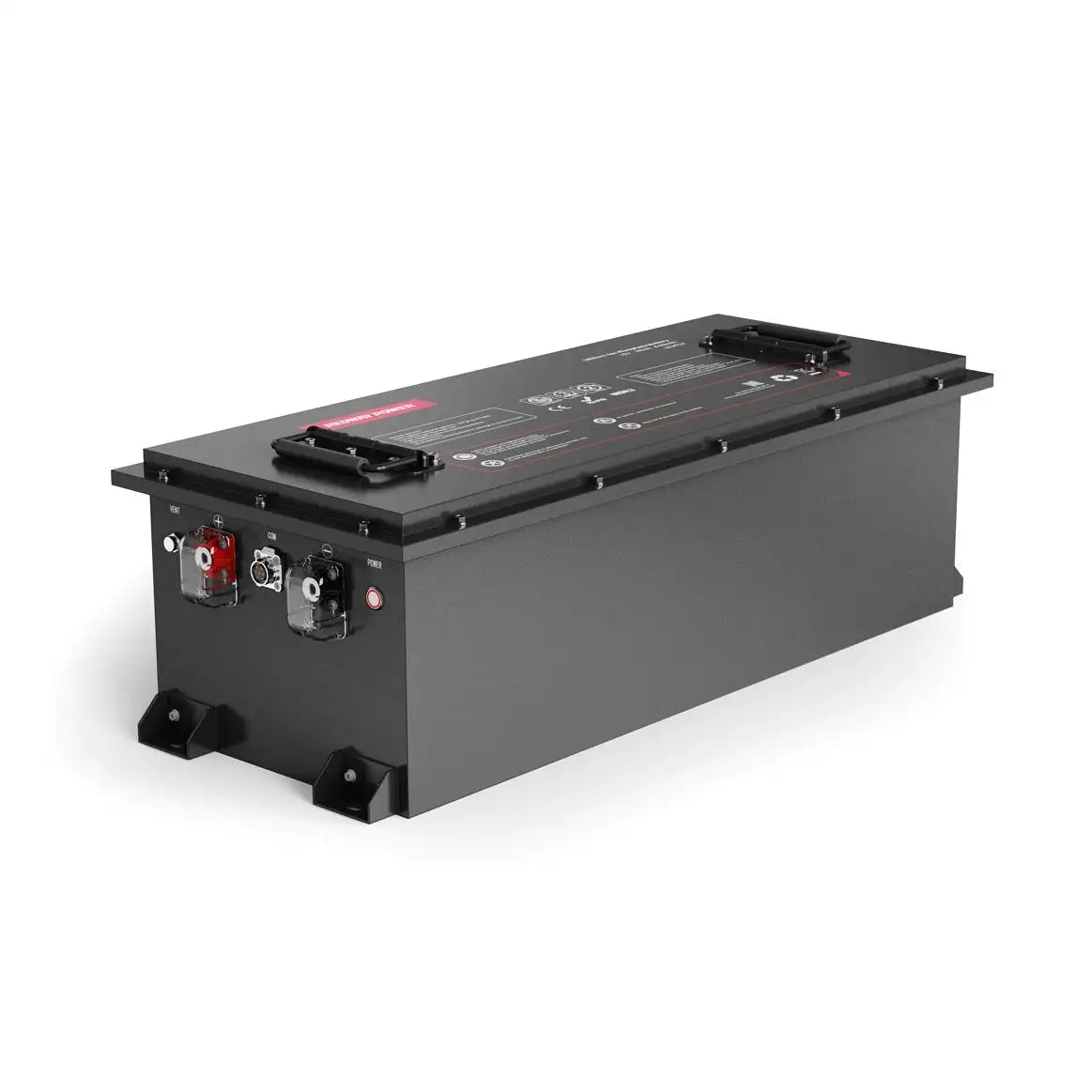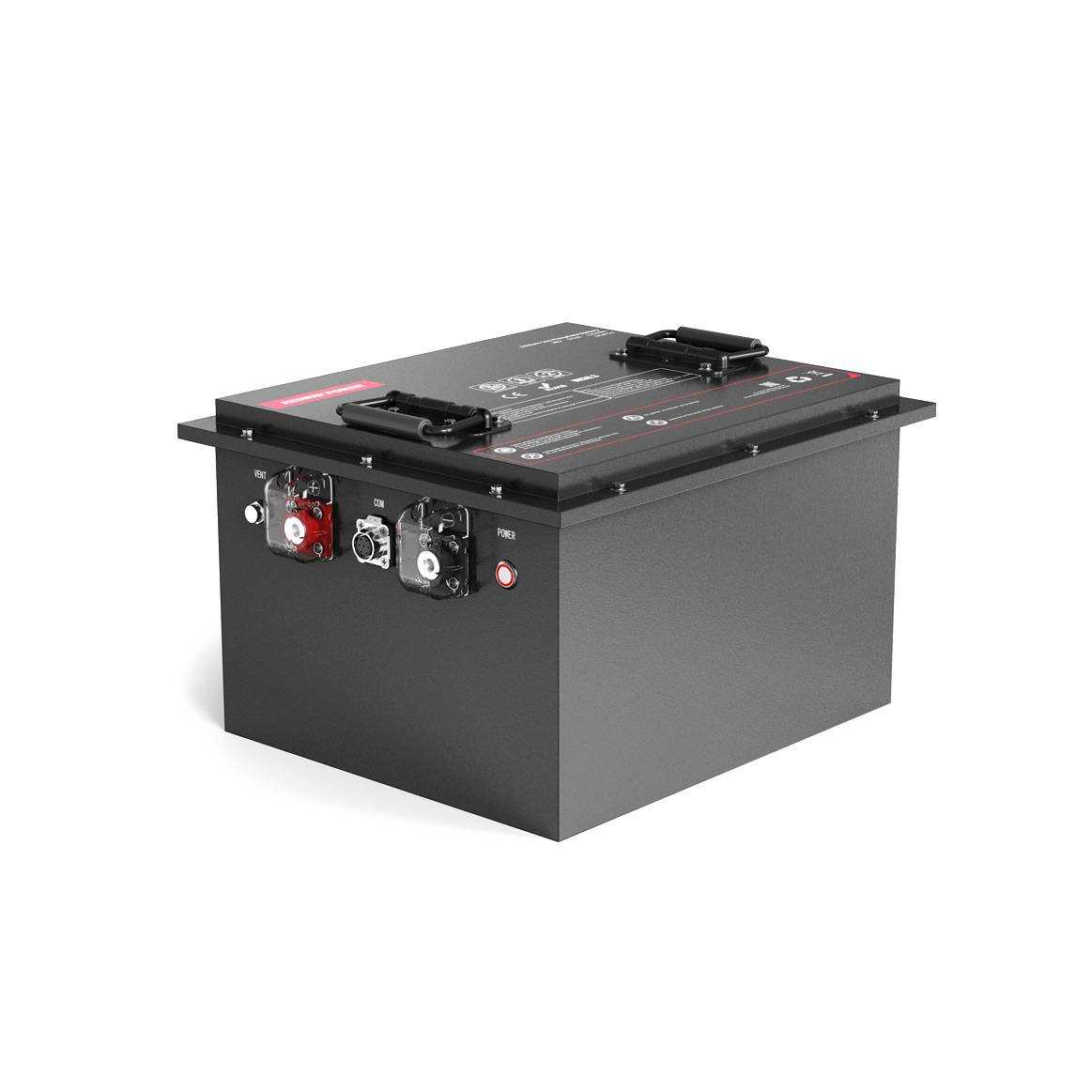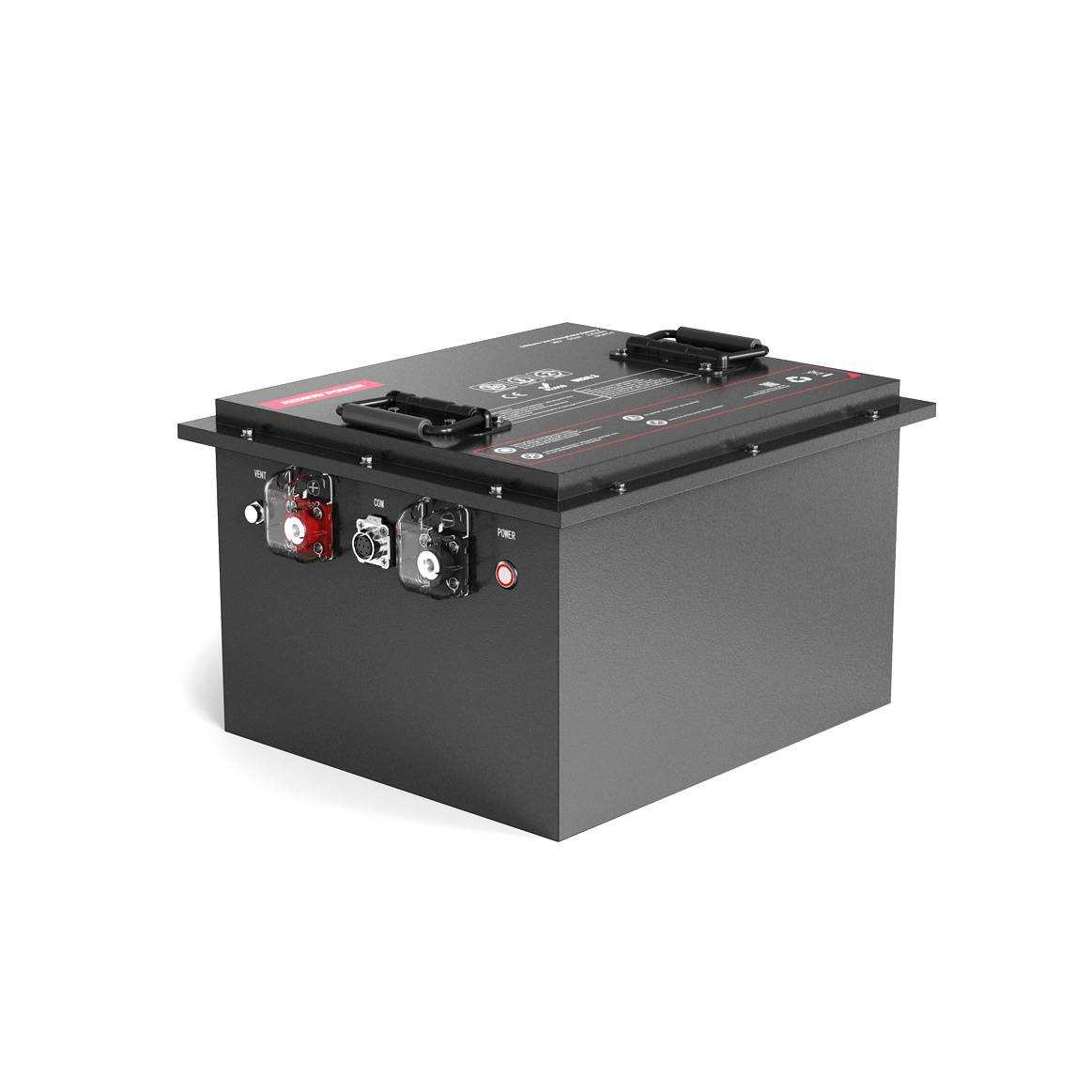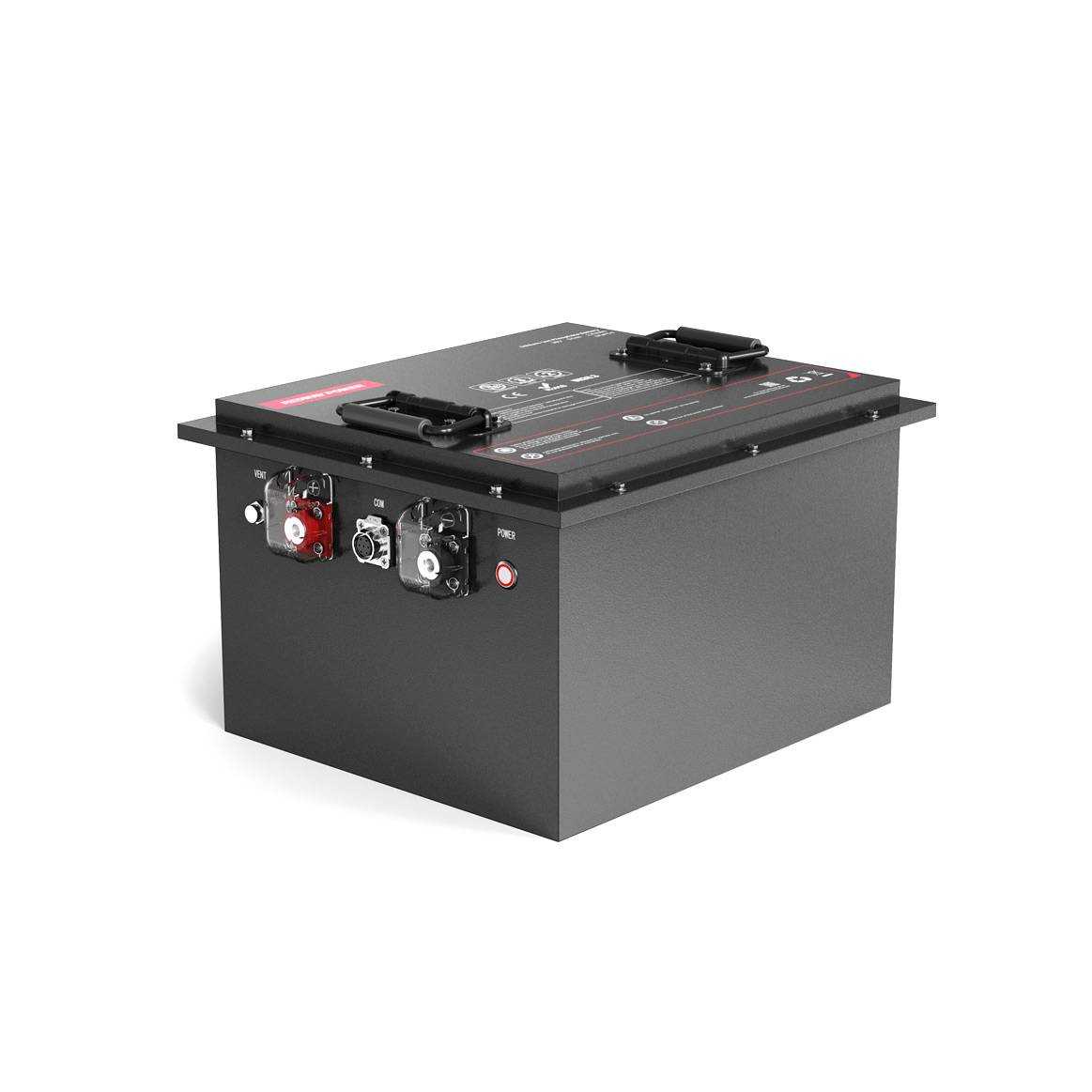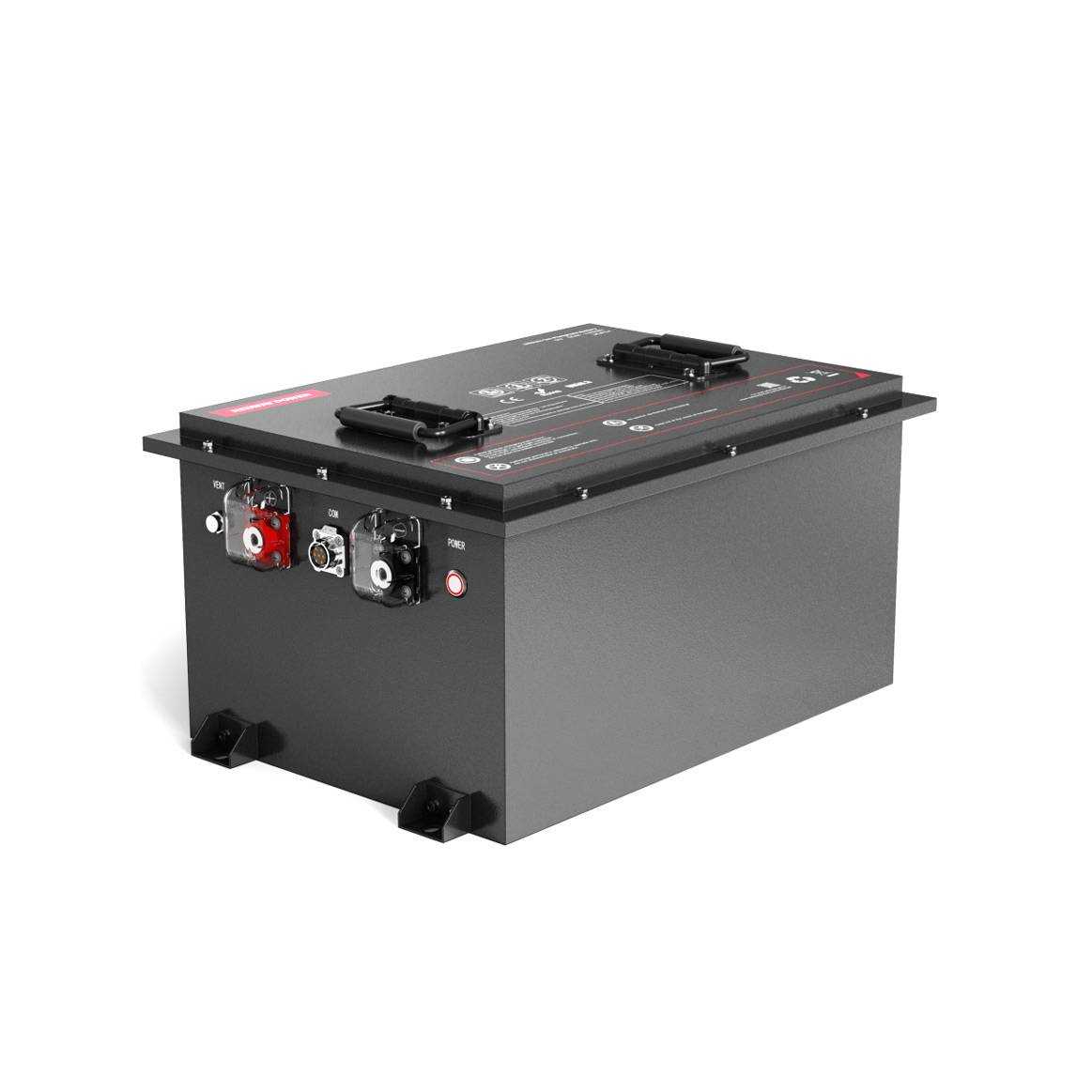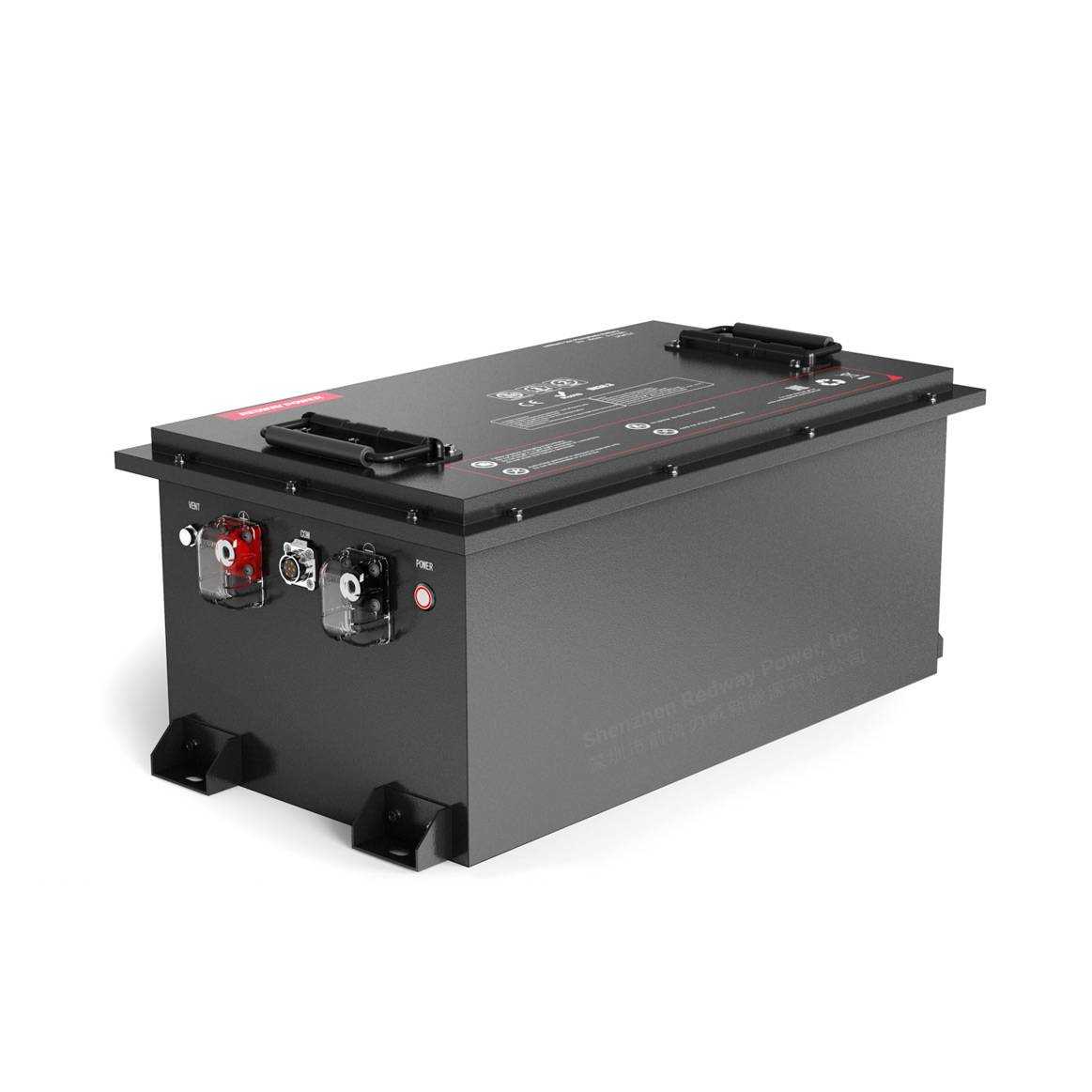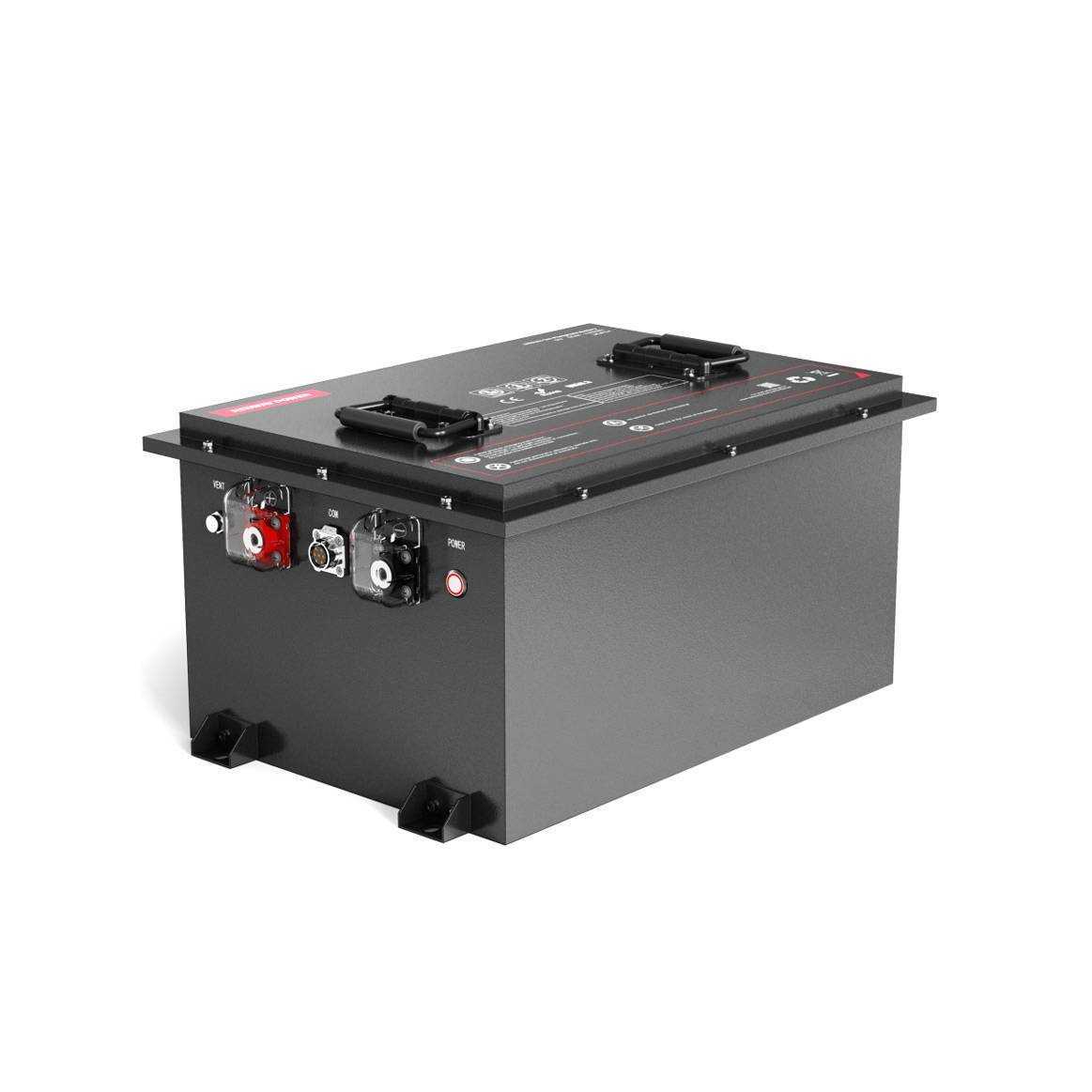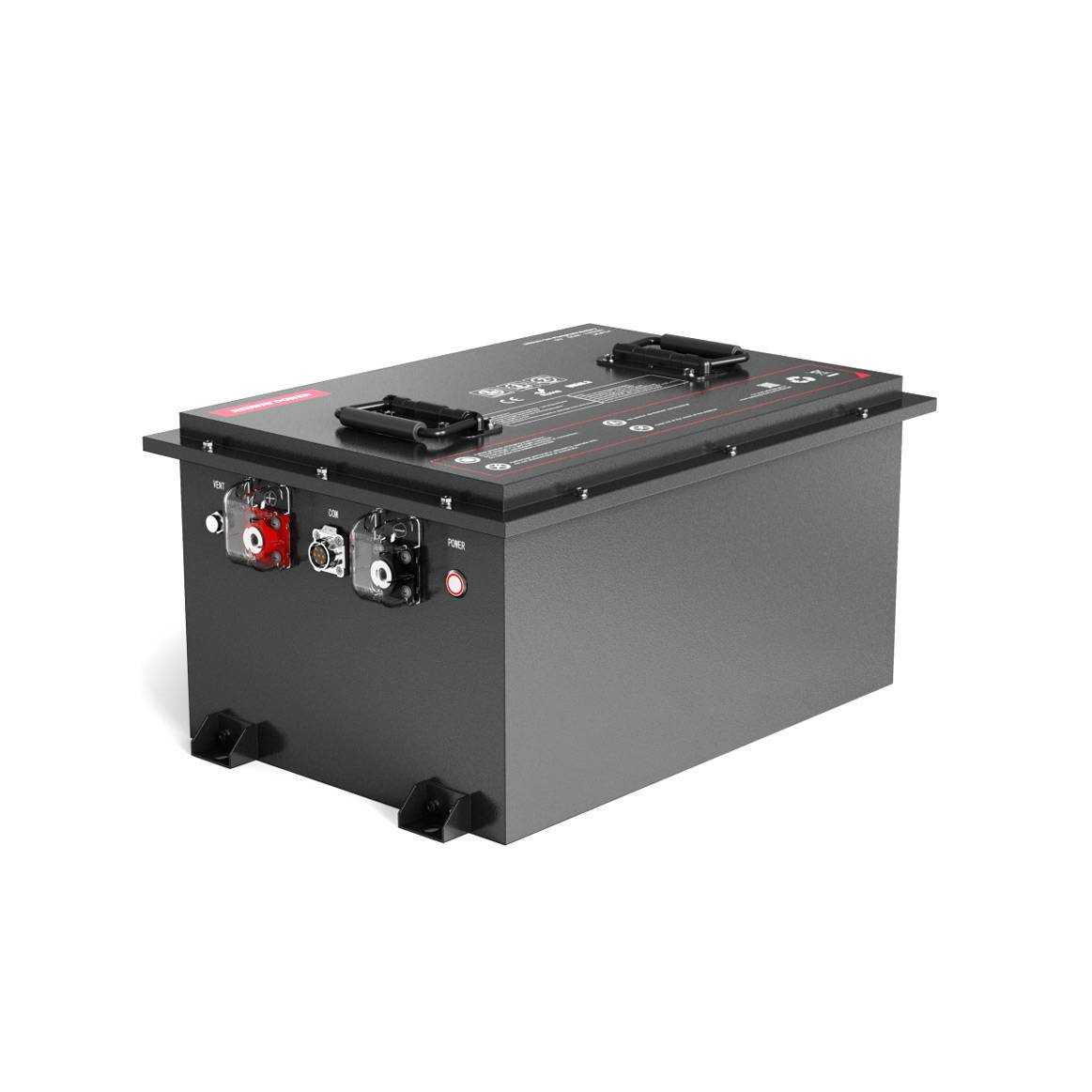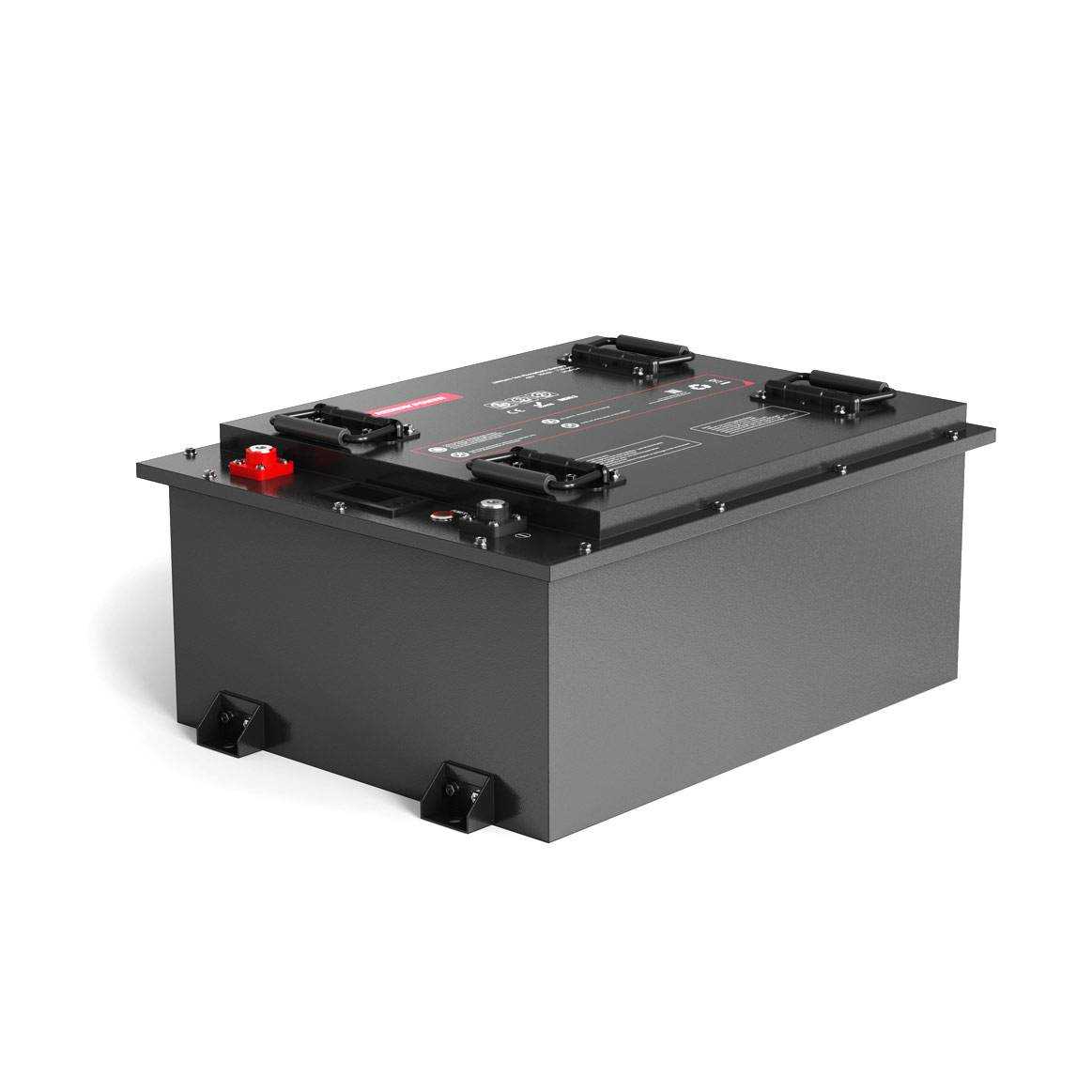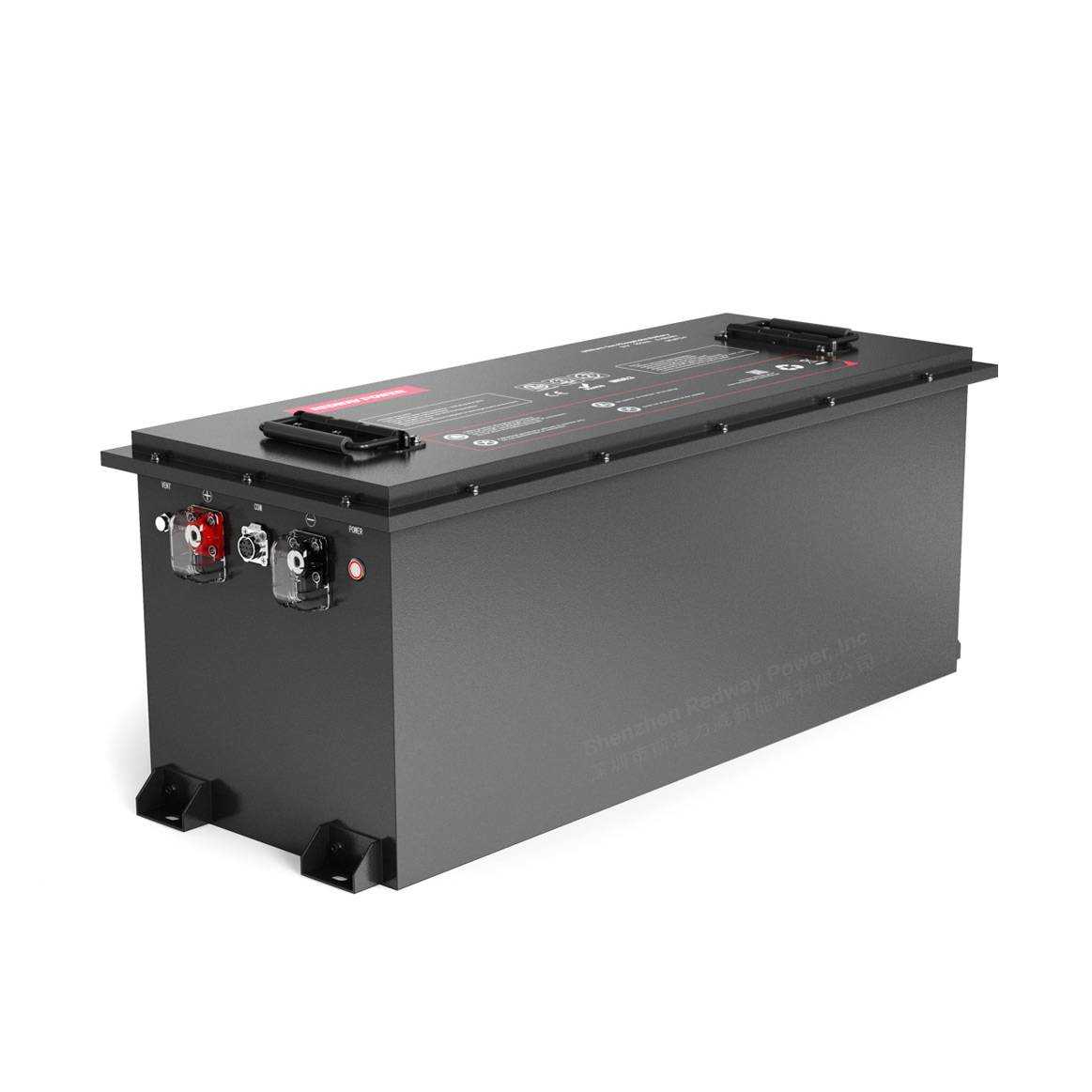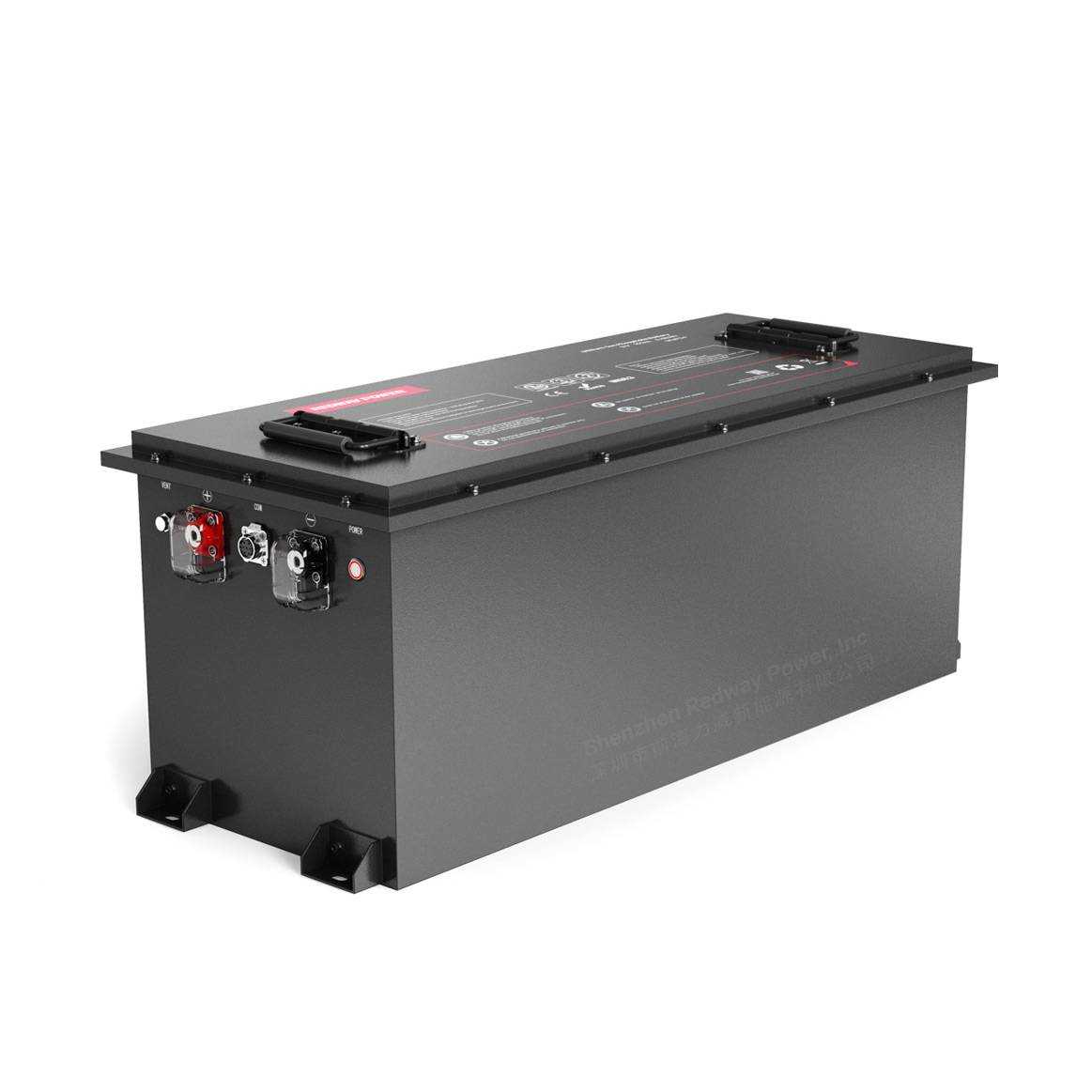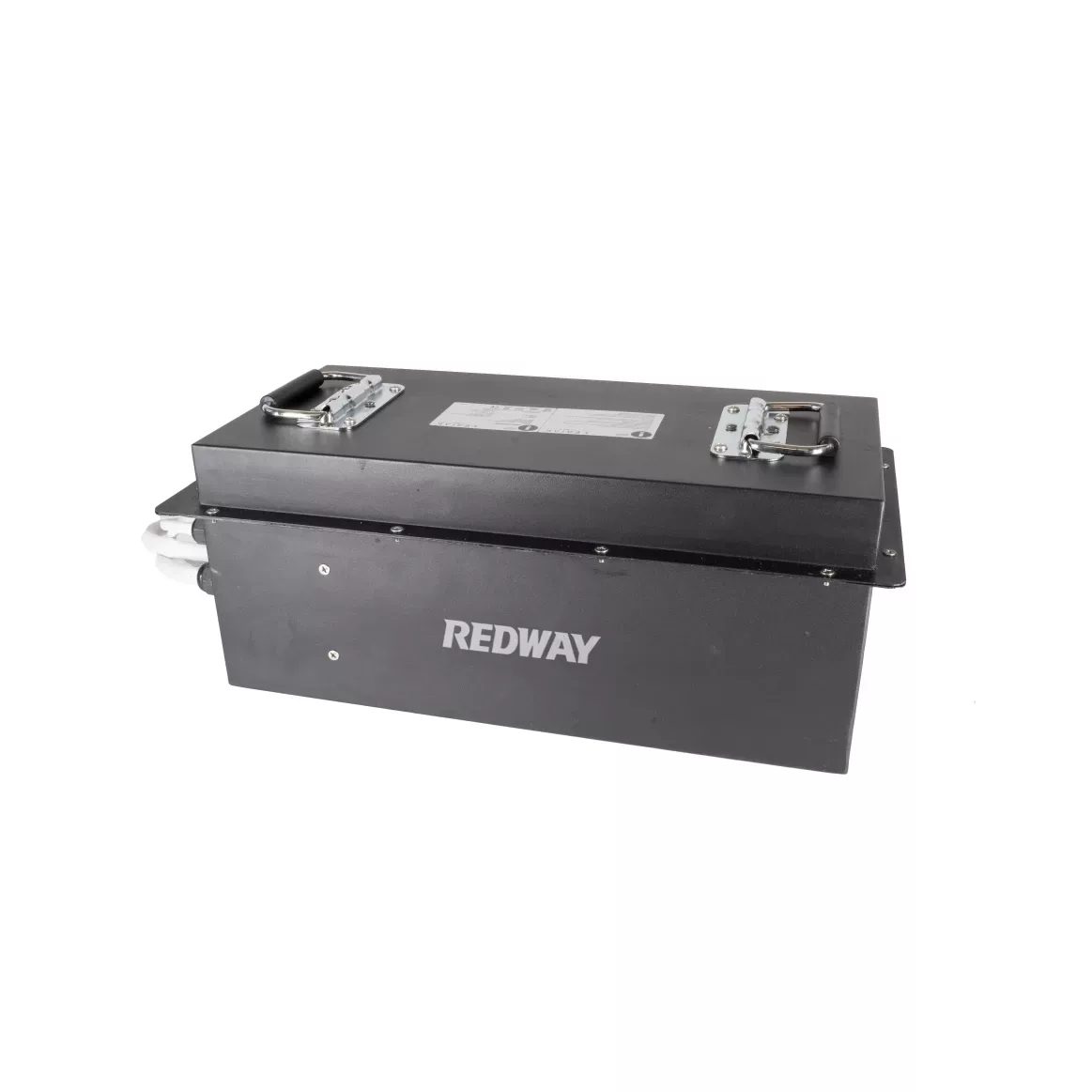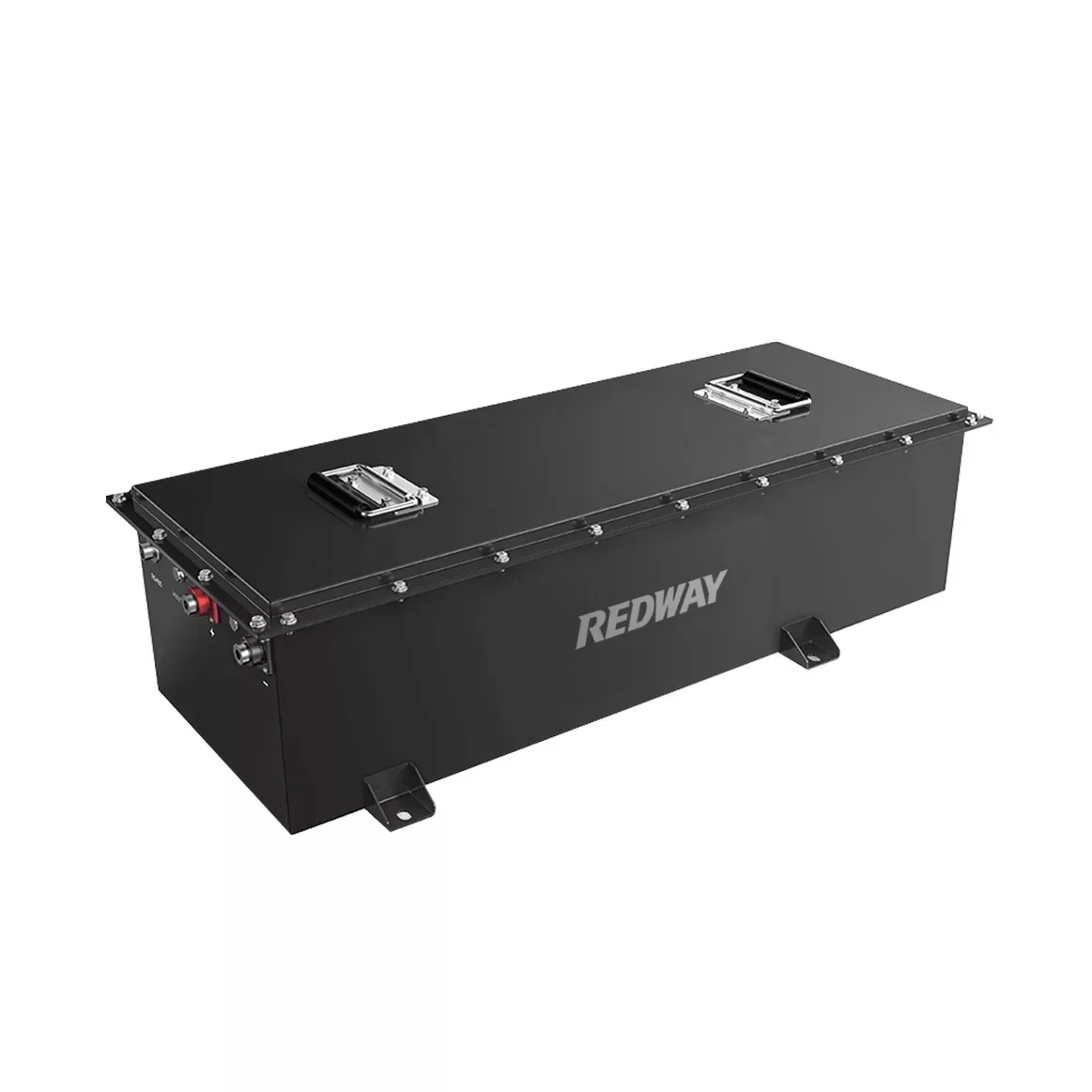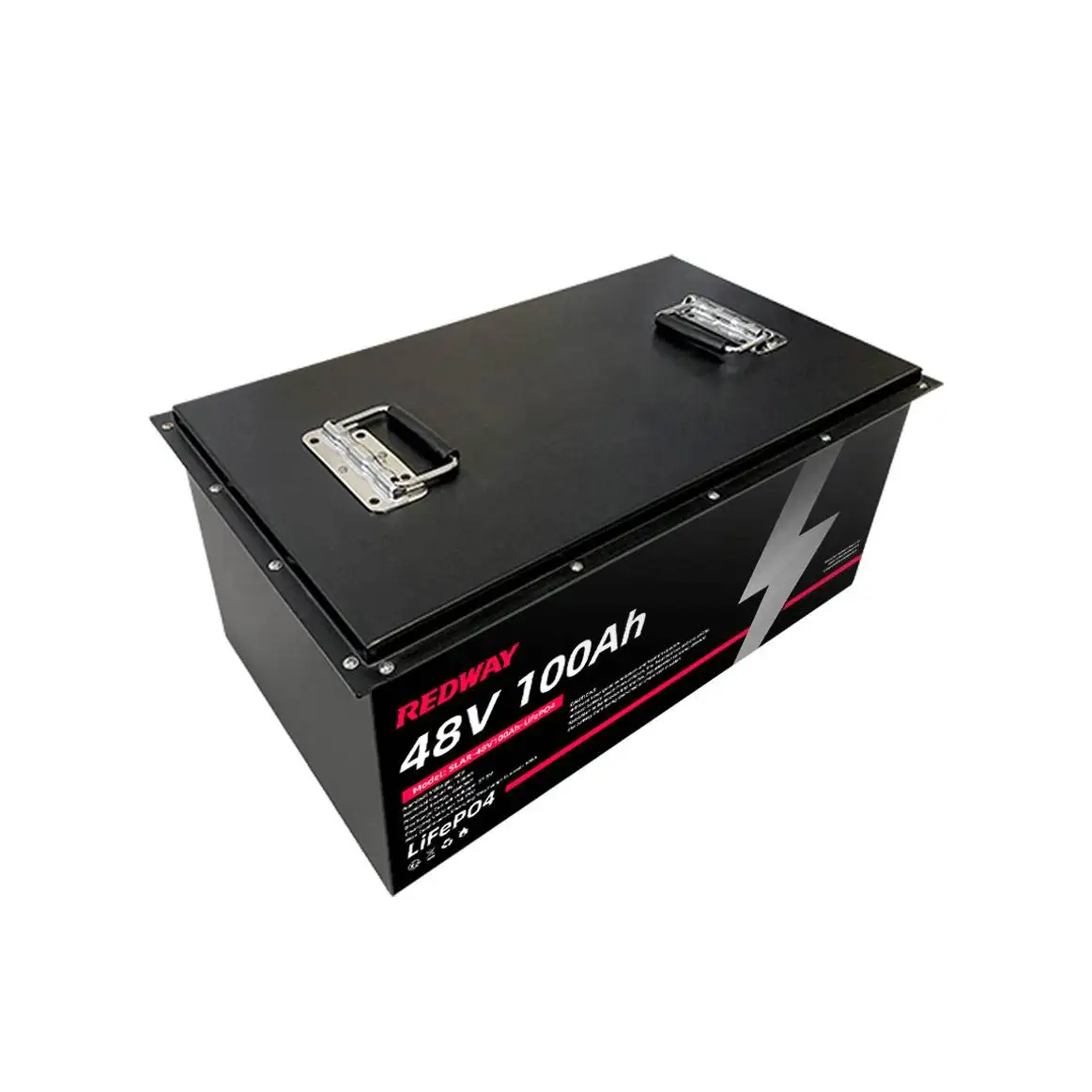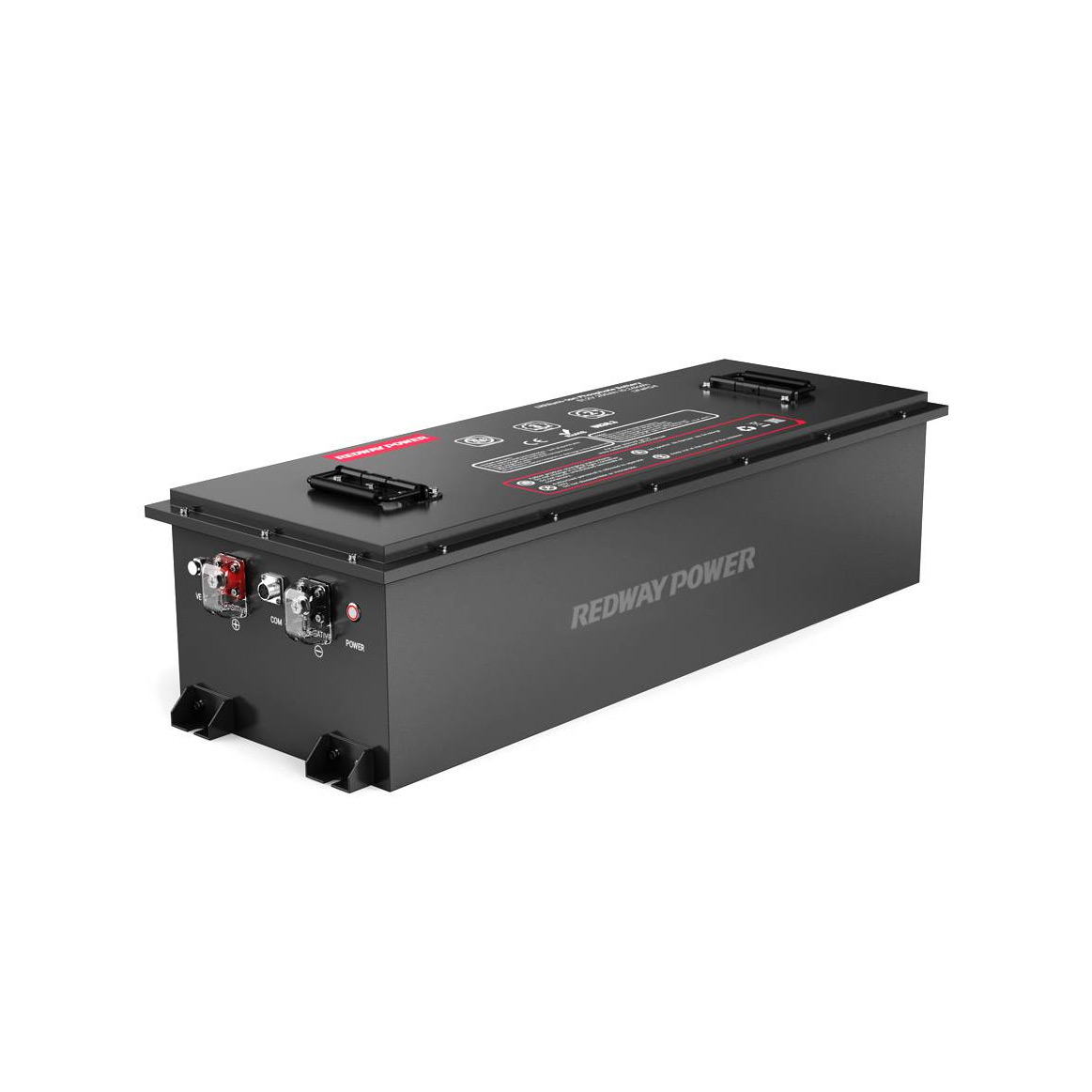Product Cateogries
Golf Cart LiFePO4 Batteries

Redway offers state-of-the-art Golf Cart Lithium Batteries, engineered for superior performance and longevity. Our lithium batteries are perfect for upgrading your golf cart, providing extended range, faster charging, and reduced weight compared to traditional lead-acid batteries. With advanced Battery Management Systems (BMS) and safety features, our Golf Cart Lithium Batteries ensure reliable and consistent power, enhancing your cart’s efficiency and overall experience. Whether you’re looking to increase your golf cart’s performance or require a custom solution, our dedicated engineering team is here to provide tailored options at competitive prices.
All Redway Products Come with
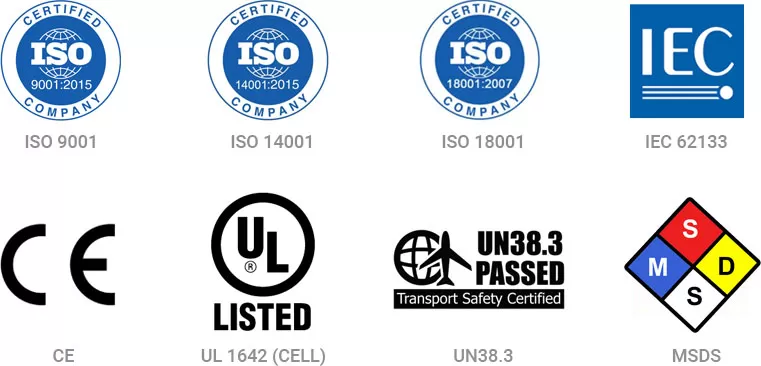
DIDN’ T FIND WHAT YOU WERE LOOKING FOR?
CUSTOM 12V BATTERY SOLUTIONS
As a premier 12V LiFePO4 Batteries manufacturer, Redway provides a diverse lineup of battery options for multiple uses. Our skilled engineers are ready to assist you in crafting, developing, testing, and producing customized 12V battery solutions to fit your specific requirements. Reach out to us today to delve into our comprehensive battery offerings and learn how we can create a OEM 12V LiFePO4 battery for you. Don't miss our LiFePO4 Golf Cart Batteries, Rack-Mounted Battery Modules, and LiFePO4 RV Batteries among others.
DEDICATED FACTORY SUPPORT
Redway Battery is a renowned lithium-ion battery manufacturer and supplier located in China. Redway specializes in delivering OEM/ODM lithium batteries, catering to potential clients and customers.
What distinguishes us is our exceptional dedicated factory support. Our advanced facilities are staffed by expert engineers, allowing us to deliver high-quality, innovative products.
Our quick factory support focuses on personalized client service, from design to delivery, offering flexible pricing and reliable products for both OEM/ODM needs.
LEARN BATTERY KNOWLEDGE
Our team of battery experts at Redway Battery is dedicated to sharing comprehensive knowledge about new energy technologies. Passionate about customizing batteries for a diverse range of electronic devices, we offer tailored and specialized battery solutions. We take pride in delivering the most up-to-date and professional information on batteries. Covering a wide array of topics, our expertise includes battery knowledge, industry news, company updates, and informative guides, among others. By staying connected with us, you can access the latest practical insights and information on battery technologies and their applications. Unlock valuable knowledge and resources as you explore the world of batteries with us. Dive deeper into Battery Knowledge through these sections: Top 10 Posts, Redway News, Industrial News and Must-know Knowledge.
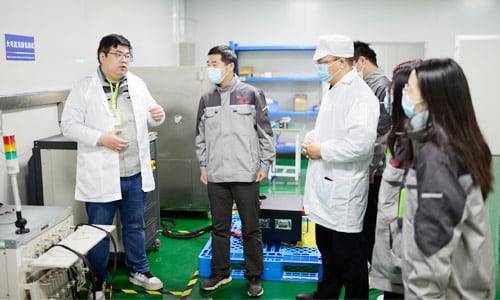
DOWNLOAD REDWAY PRODUCT BROCHURE AND SPEC
REDWAY PROMISE

QUALITY
6000 TIMES CYCLES
5 YEARS WARRANTY
10 YEARS DESIGN LIFE
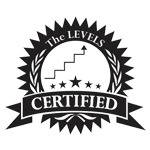
CERTIFICATION
ISO9001,ISO14001, OHSAS18001, CE, CB, UL, KC, FCC, BIS, IEC62133.

SERVICES
EXW, FOB, DAP, DDP OPTIONAL T/T, L/C OPTIONAL
Related Knowledge
Benefits of LiFePO4 Batteries for Golf Carts
What makes LiFePO4 batteries superior to other battery types for golf carts?
LiFePO4 batteries are superior due to their longer lifespan, lightweight design, and faster charging capabilities. They provide consistent power output, improved safety, and require minimal maintenance compared to traditional lead-acid batteries, making them ideal for enhancing golf cart performance and reliability.How do LiFePO4 batteries improve the performance and efficiency of golf carts?
LiFePO4 batteries enhance performance by reducing overall weight, allowing for better acceleration and handling. Their high energy density ensures longer ranges on a single charge, while rapid charging minimizes downtime, enabling golfers to spend more time on the course.What are the long-term cost savings of using LiFePO4 batteries in golf carts?
Although LiFePO4 batteries have a higher initial cost, their longevity (up to 10 years) and minimal maintenance needs lead to significant long-term savings. Fewer replacements and lower electricity costs contribute to overall cost efficiency compared to lead-acid alternatives.
Comparing LiFePO4 vs Lead-Acid Batteries for Golf Carts
How do LiFePO4 and lead-acid batteries compare in terms of energy density, power output, and weight?
LiFePO4 batteries have a higher energy density, providing more power in a lighter package. They typically weigh 50-70% less than lead-acid batteries while maintaining stable voltage output throughout their discharge cycle, ensuring reliable performance in golf carts.What are the key differences in charging and maintenance requirements between LiFePO4 and lead-acid batteries?
LiFePO4 batteries charge faster (1-2 hours) compared to lead-acid (8 hours or more) and require no regular maintenance like water refilling. LiFePO4 batteries are also less sensitive to charging conditions, making them easier to manage over time.Which battery type offers a longer lifespan and better value for golf cart owners?
LiFePO4 batteries offer a longer lifespan (2,000-5,000 cycles) compared to lead-acid (300-1,000 cycles). Despite the higher upfront cost, the reduced frequency of replacements and lower maintenance needs make LiFePO4 a better long-term value for golf cart owners.
Choosing the Right LiFePO4 Battery for Your Golf Cart
What factors should you consider when selecting a LiFePO4 battery for your golf cart?
Consider voltage requirements, capacity (amp-hour rating), physical dimensions, weight, and compatibility with your golf cart’s electrical system. Evaluate the manufacturer’s reputation and warranty terms to ensure reliability and support.How do you determine the appropriate voltage and capacity requirements for your golf cart?
Check your golf cart’s specifications to identify its voltage needs, typically 48V or 72V. For capacity, assess your usage patterns and terrain; higher amp-hour ratings provide longer run times, especially for hilly courses.What are the best practices for ensuring compatibility between your golf cart and LiFePO4 battery?
Ensure the battery’s voltage matches your golf cart’s requirements. Verify that the physical dimensions fit within the battery compartment and check that electrical connections are compatible with your cart’s setup.
Maintaining and Extending the Lifespan of Golf Cart LiFePO4 Batteries
What are the recommended charging and discharging practices for LiFePO4 batteries in golf carts?
Use a charger specifically designed for LiFePO4 batteries to avoid overcharging. Charge regularly before deep discharges occur, ideally keeping the depth of discharge below 80% to maximize lifespan.How can proper storage and temperature management extend the lifespan of LiFePO4 golf cart batteries?
Store batteries in a cool, dry place away from direct sunlight and extreme temperatures. Maintaining an optimal temperature range (typically 0°C to 45°C) helps prevent degradation and prolongs battery life.What are the signs of a failing LiFePO4 battery and when should you consider replacement?
Signs of a failing LiFePO4 battery include reduced capacity, inability to hold a charge, swelling or physical damage, and unusual heat during operation. Consider replacement if performance drops significantly or if any abnormalities are detected.
More
- How to switch to lithium batteries in golf cart?
To switch to lithium batteries in a golf cart, follow these steps: 1. Choose the appropriate battery voltage and capacity. 2. Disconnect the old batteries and remove any mounting straps. 3. Install the new lithium batteries in the golf cart. Ensure proper installation procedures and consider manufacturer instructions for best results.
Choose the right battery specifications: Determine the appropriate voltage and capacity for your new lithium batteries. Consider factors such as the golf cart’s power requirements and desired range.
Disconnect and remove old batteries: Safely disconnect the existing lead acid batteries from the golf cart. Remove any mounting straps or brackets that secure them in place.
Install lithium batteries: Carefully install the new lithium batteries in the golf cart, ensuring proper alignment and connection. Follow the manufacturer’s instructions for installation, as specific steps may vary.
Verify proper installation: Double-check all connections and ensure the batteries are securely in place. Test the golf cart to ensure it is functioning correctly with the new lithium batteries.
- Do you add water to lithium golf cart batteries?
Lithium golf cart batteries do not require the addition of water. Unlike traditional lead-acid batteries, lithium batteries have a different design and do not rely on the same electrolyte system. Therefore, there is no need to add water to lithium golf cart batteries, making them low-maintenance and hassle-free.
No water required: Unlike traditional lead-acid batteries, lithium golf cart batteries do not require the addition of water. This is because lithium batteries have a different design and chemistry that eliminates the need for regular water maintenance.
Different electrolyte system: Lead-acid batteries rely on an electrolyte solution that can evaporate over time, leading to a decrease in electrolyte levels. Adding distilled water helps replenish these levels. In contrast, lithium batteries utilize a different electrolyte system that does not require regular water replenishment.
Low-maintenance advantage: The absence of water maintenance is one of the advantages of lithium golf cart batteries. Owners can enjoy the convenience of not having to monitor water levels or perform regular water additions, saving time and effort.
- Do you leave lithium golf cart batteries plugged in?
The decision to leave lithium golf cart batteries plugged in depends on the manufacturer’s recommendations. Club Car advises keeping the golf cart plugged in during extended storage, while E-Z-GO suggests leaving the charger unplugged in similar circumstances. Yamaha suggests completely unplugging the golf cart batteries until they discharge. It is crucial to consult the specific guidelines provided by the golf cart manufacturer for the best practice regarding leaving lithium golf cart batteries plugged in.
Club Car’s recommendation: Club Car advises keeping the golf cart plugged in during extended storage. This practice ensures that the batteries remain charged and ready for use when needed.
E-Z-GO’s suggestion: On the other hand, E-Z-GO recommends leaving the charger unplugged in similar circumstances. This approach may be aimed at minimizing the potential for overcharging or maintaining a specific charging pattern.
Yamaha’s approach: Yamaha suggests completely unplugging the golf cart batteries until they discharge. This approach allows the batteries to naturally reach a lower charge level during storage.
- How to charge a lithium ion golf cart battery?
To charge a lithium-ion golf cart battery, follow these steps: 1. Use a high-quality charger designed for lithium-ion batteries. 2. Monitor the charging process to prevent overcharging. 3. Keep the battery and charging connections clean for optimal charging efficiency.
Use a high-quality charger: It is crucial to use a charger specifically designed for lithium-ion batteries. These chargers are equipped with the necessary features to provide safe and efficient charging. Avoid using chargers that are not compatible with lithium-ion batteries, as they can lead to improper charging and potential damage.
Monitor the charging process: While charging, it is important to monitor the battery’s charging progress. Lithium-ion batteries should not be overcharged, as it can lead to reduced battery life and performance. Keep an eye on the charging time and disconnect the charger once the battery reaches a full charge.
Keep the battery and connections clean: Regularly clean the battery and charging connections to ensure optimal charging efficiency. Remove any dirt, debris, or corrosion that may affect the charging process. A clean and reliable connection between the charger and the battery is essential for efficient charging.
- Do you need a different charger for lithium batteries golf cart?
To charge lithium batteries in a golf cart, you need a charger that’s compatible with LiFePO4 lithium batteries. Many lead-acid chargers are not suitable because they don’t provide the correct voltage output. The charger voltage should match the battery voltage or be lower, typically ranging from 14.2 to 14.6 volts. Using a charger that’s not compatible can result in improper charging and potential damage to the lithium batteries.
Compatibility with LiFePO4 lithium batteries: Unlike lead-acid batteries, lithium batteries require a charger that’s compatible with their specific chemistry. Many lead-acid chargers are not suitable for lithium batteries because they don’t provide the correct voltage output. It is essential to use a charger that is designed to work with LiFePO4 lithium batteries.
Voltage requirements: The charger voltage should match the battery voltage or be lower. For lithium batteries in golf carts, the recommended voltage range is typically between 14.2 to 14.6 volts. Using a charger with the wrong voltage output can result in improper charging, which may affect the performance and lifespan of the lithium batteries.
When choosing a golf cart batteries manufacturer, it is essential to find one that specializes in advanced lithium technologies like LiFePO4. Many manufacturers now offer high-quality lithium LiFePO4 golf cart batteries that provide longer life, lighter weight, and better performance compared to traditional lead-acid batteries. For example, a popular option is the 36V 80Ah golf cart LiFePO4 battery, which delivers reliable power, long cycle life, and fast charging capabilities.
Another common choice is the 36V 50Ah golf cart lithium battery, which offers a compact and efficient solution for smaller golf carts or lighter usage. Both the 36V 80Ah golf cart LiFePO4 battery and the 36V 50Ah golf cart lithium battery are designed to improve golf cart performance, reduce maintenance, and extend runtime. Selecting a trusted golf cart batteries manufacturer that provides these lithium options ensures you get durable, eco-friendly, and high-performance power solutions for your golf cart needs.

